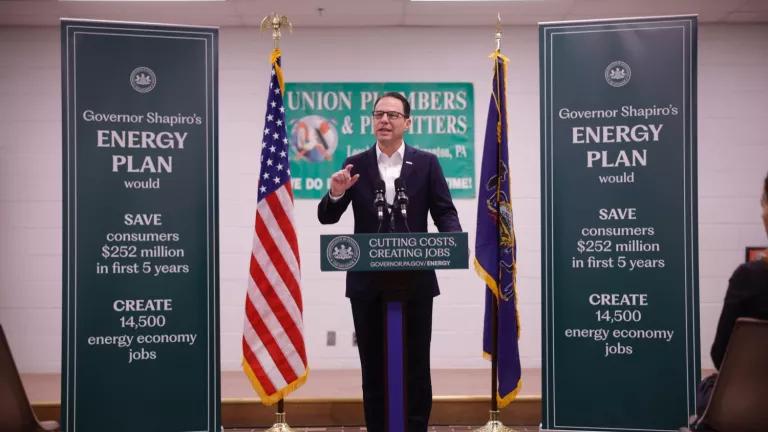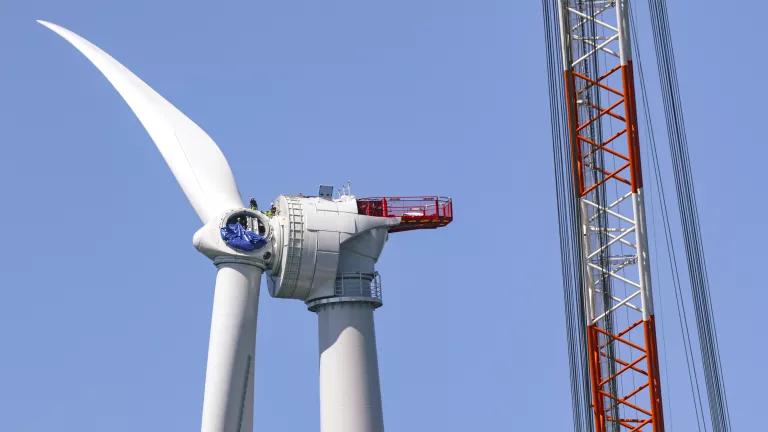
If there’s one thing the Republican-run Congress is good at when it comes to climate change, it’s holding hearings. Hearings to manufacture doubt about the scientific reality of climate change. Hearings to yank funding from scientists who inconveniently keep reinforcing that reality. And hearings like the one yesterday about the Clean Power Plan, which are intended to stymie state and federal action to cut climate-changing pollution.
Is it any wonder only 37 percent of Americans think voters can convince Congress to act on climate?
The refusal to act makes no sense when you consider the clear health benefits associated with cleaning up power plants and other sources of carbon pollution. Harvard, Syracuse University, and Resources for the Future scientists put a dollar figure on those benefits this week, finding in a new study that nearly every county in the U.S. could see at least $1 million in annual health benefits under carbon limits similar to the Clean Power Plan. The national net health and climate benefits could be $33 billion or more in 2020. Most of the value comes from cleaning up smog and soot—one of the positive side effects of limiting carbon from power plants—thereby avoiding thousands of early deaths.
These findings are broadly consistent with the U.S. Environmental Protection Agency’s analysis of the final Clean Power Plan: $34 billion to $54 billion in health and climate benefits in 2030, versus $8.4 billion in costs. As the authors of the new study point out, however, their estimates are on the low side. The scientists only considered a subset of the health benefits associated with less smog and soot, leaving out costly conditions like asthma. They also did not include the benefits of minimizing threats from climate change like heat-related deaths or diseases spread by ticks and mosquitos. Finally, the scientists only calculated net benefits in the first year of a decade-long standard, when implementation costs are highest and benefits are just starting to accrue. As policies like the Clean Power Plan ramp up over time, there will be more and more daylight between benefits and costs.
The U.S. is moving forward on clean energy. State and federal leaders who care about the health of the people they represent should keep that momentum going, rather than standing in the way.




